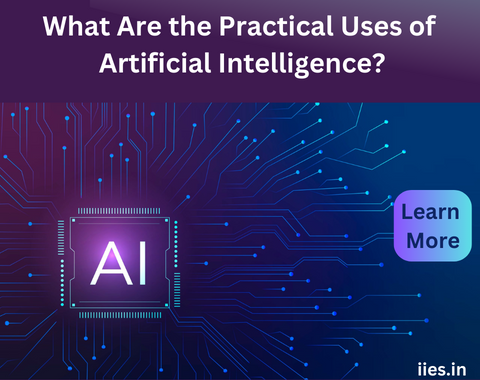Artificial Intelligence (AI) has evolved from a futuristic concept to an integral part of our daily lives, revolutionizing industries and reshaping the way we perceive and interact with technology.
This cutting-edge technology, driven by machine learning algorithms and advanced data processing capabilities, is finding applications across diverse sectors, enhancing efficiency, innovation, and problem-solving.
In this article, we will explore the myriad uses of artificial intelligence that are transforming our world.

